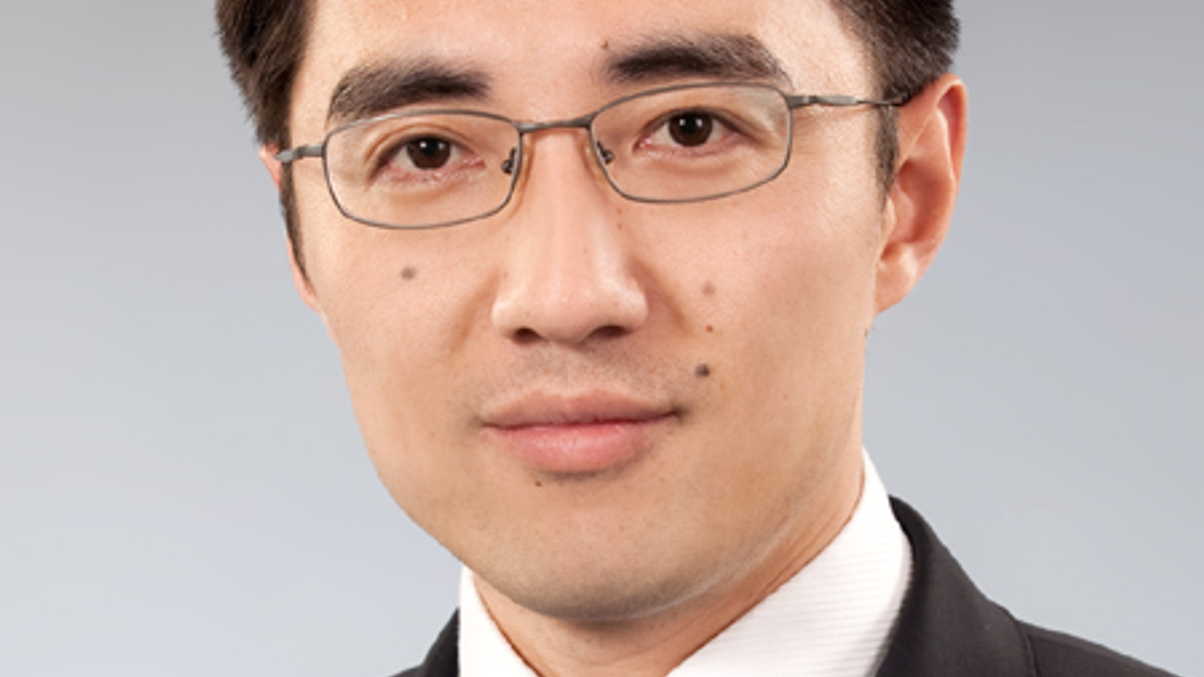Updated: HuaAn HK rebuilds after leadership resigns
HuaAn Asset Management’s Hong Kong arm, reacting to a team resignation, is re-evaluating its RQFII product range as its new deputy CEO and CIO sets out hiring plans.

More information has come to light regarding yesterday's story on HuaAn Asset Management in Hong Kong. Yesterday this story ran under the headline, "HuaAn HK replaces chiefs amid strategy review", implying the review led to those individuals being shown the door; to clarify, the review is a reaction to the leadership team's decision to resign.
Sign in to read on!
Registered users get 2 free articles in 30 days.
Subscribers have full unlimited access to AsianInvestor
Not signed up? New users get 2 free articles per month, plus a 7-day unlimited free trial.
¬ Haymarket Media Limited. All rights reserved.


